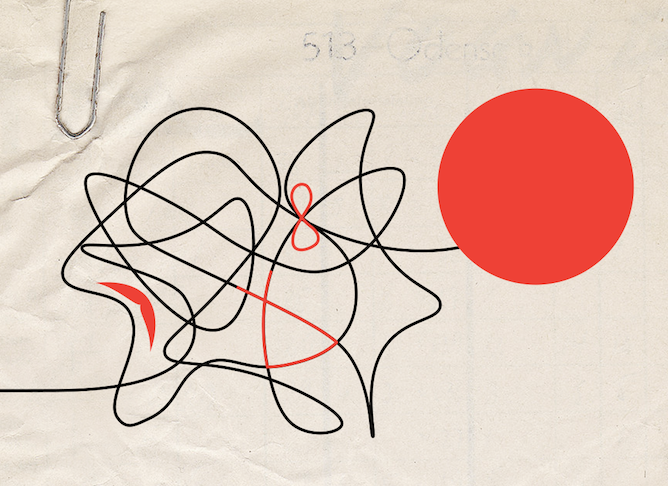2. TPatT - Titles
All Indigenous works that were first published in English before 1993 are included in this database.
Pages
-

- Settler common sense: queerness and everyday colonialismin the American Renaissance
- " In Settler Common Sense, Mark Rifkin explores how canonical American writers take part in the legacy of displacing Native Americans. Although the books he focuseson are not about Indians, they serve as examples of what Rifkin calls "settler common sense," taking for granted the legal and political structure through which Native peoples continue to be dispossessed.In analyzing NathanielHawthorne's House of the Seven Gables, Rifkin shows how the novel draws on Lockean theory in support of small-scale landholding and alternative practices of homemaking.The book invokes white settlers in southern Maine as the basis for its ethics of improvement, eliding the persistent presence of Wabanaki peoples in their homeland.Rifkin suggests that Henry David Thoreau's Walden critiques property ownership as a form of perpetual debt. Thoreau's vision of autoerotic withdrawal into the wilderness, though, depends on recasting spaces from whichNative peoples have been dispossessed as places of non-Native regeneration. As against the turn to "nature," Herman Melville's Pierre presents the city as a perverselypleasurable place to escape from inequities of land ownership in the country. Rifkin demonstrates how this account of urban possibility overlooks the fact that the explosive growth of Manhattan in the nineteenth century was possible only because of the extensive and progressivedisplacement of Iroquois peoples upstate.Rifkin reveals how these texts' queer imaginings rely on treating settlernotions of place and personhood as self-evident, erasing the advancing expropriation and occupation of Native lands. Further, he investigates the ways that contemporaryqueer ethics and politics take such ongoing colonial dynamics as an unexamined framework in developing ideas offreedom and justice. "--, Introduction -- 1. Ordinary Life and the Ethics of Occupation -- 2. Romancing the State of Nature: Speculation, Regeneration, and the Maine Frontier in Houseof the Seven Gables -- 3. Loving Oneself Like a Nation: Sovereign Selfhood and the Autoerotics of Wilderness in Walden -- 4. Dreaming of Urban Dispersion: Aristocratic Genealogy and Indian Rurality in Pierre, OCLC: 863200166
-

- Sexuality, nationality, indigeneity
- "This issue shows how a conversation between the interdisciplinary fields of Native American studies and queer studies can generate more complex and nuanced understandings of the U.S. nation-state, of Native peoplehood, and of the roles culture plays in processes of political expression and identification. Recent bans on same-sex marriage within the Cherokee and Navajo nations suggest the importance of charting the relationship between discourses of sexuality and dominant ideologies of political legitimacy. Exploring how marriage, family, homemaking, kinship, personal identity, and everyday experience are linked to legal institutions and public policy, the contributors investigate the complex interweaving of histories of queerness and indigeneity. Challenging operative assumptions in these two fields by putting them into dialogue, the collection opens up new ways of approaching the matrix of settlement, sexuality, and sovereignty. One essay cross-examines the heterosexism of the Cherokee government's outlawing of same-sex marriage by revisiting that culture's traditional embrace of variation. Another essay theorizes the politics of visibility surrounding Native writers whose work takes a queer turn but who do not publicly contest the presumption of their straightness. Several essays address the possibilities and limits of queer theoretical frameworks in conceptualizing the legacies of settler colonialism. The final essay traces the history of gendercide in Native California and argues for the recovery of traditional notions of two-spirit identity within contemporary projects of decolonization."--Pub. desc., OCLC: 468973113

